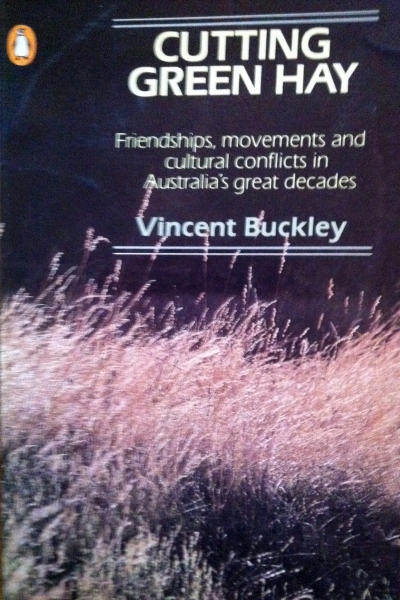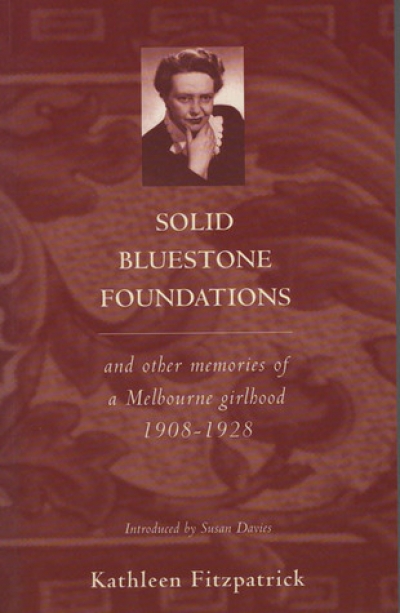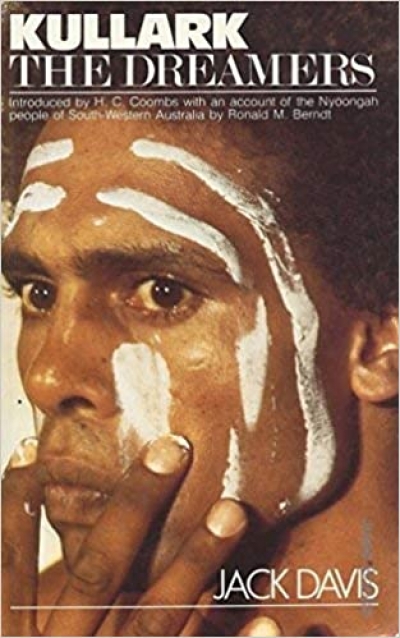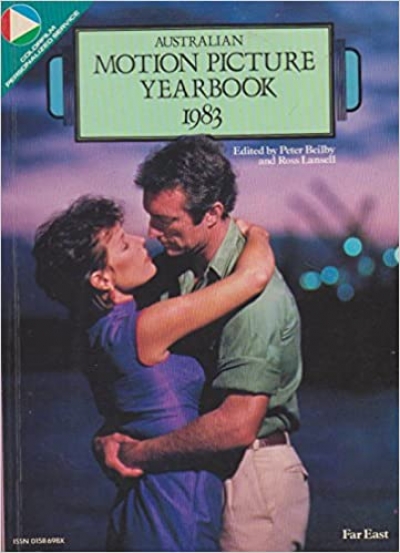Archive
Teacher Learning edited by Gwyneth Dow & Melbourne Studies in Education 1982 edited by Stephen Murray-Smith
by John Hanrahan •
The Transformation of Virginia 1740-1790 by Rhys Isaac
by Richard Waterhouse •
Cutting Green Hay: Friendships, movements and cultural conflicts in Australia's great decades by Vincent Buckley
by Brian Matthews •
Solid Bluestone Foundations and Other Memories of a Melbourne Girlhood, 1908-1928 by Kathleen Fitzpatrick
by L.L. Robson •
George Munster reviews 'The Things We Did Last Summer' by Bob Ellis, '31 Days to Power' by Robert Haupt with Michelle Grattan, 'Time of Testing' by Craig McGregor, and 'Gamble for Power' by Anne Summers
by George Munster •
‘In fifty years’ time,’ Robert Haupt and Michelle Grattan write in 31 Days to Power. ‘historians will look at the 1983 elections, see that inflation, unemployment and interest rates were at high levels compared to the past, and conclude that Fraser could never have won’.
... (read more)One Continuous Picnic: A history of eating in Australia by Michael Symons
by Nancy Keesing •
Australian Motion Picture Yearbook 1983 by Peter Beilby and Ross Lansell
by Jack Clancy •

